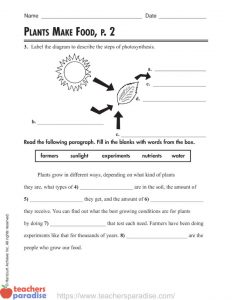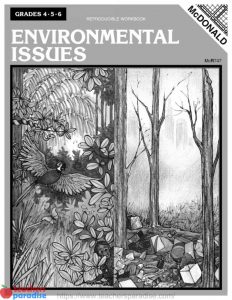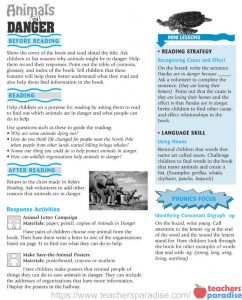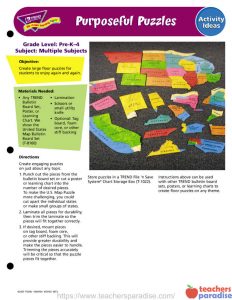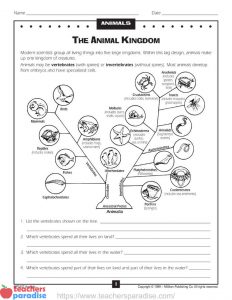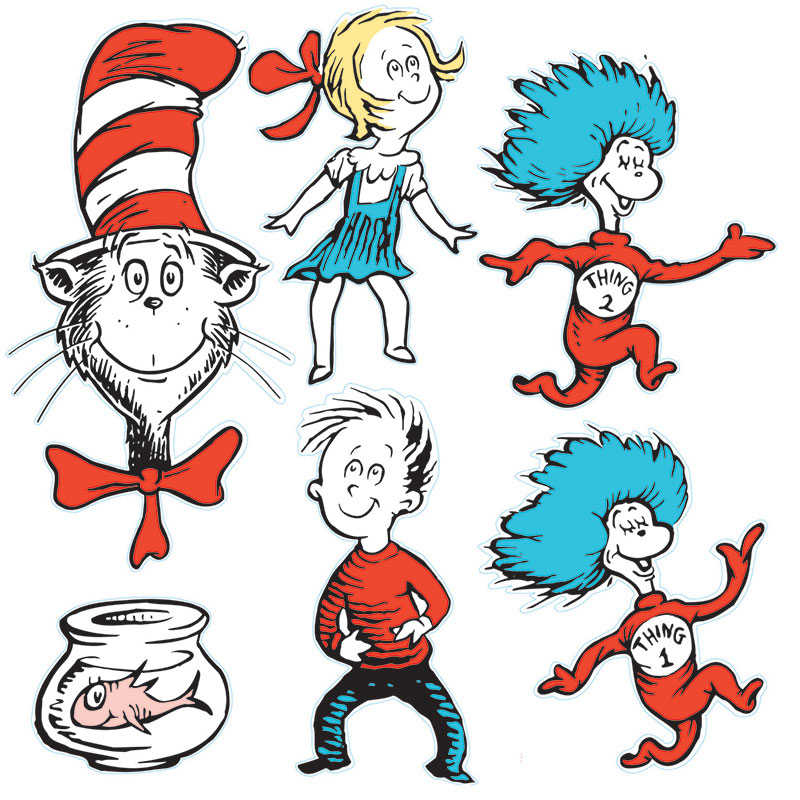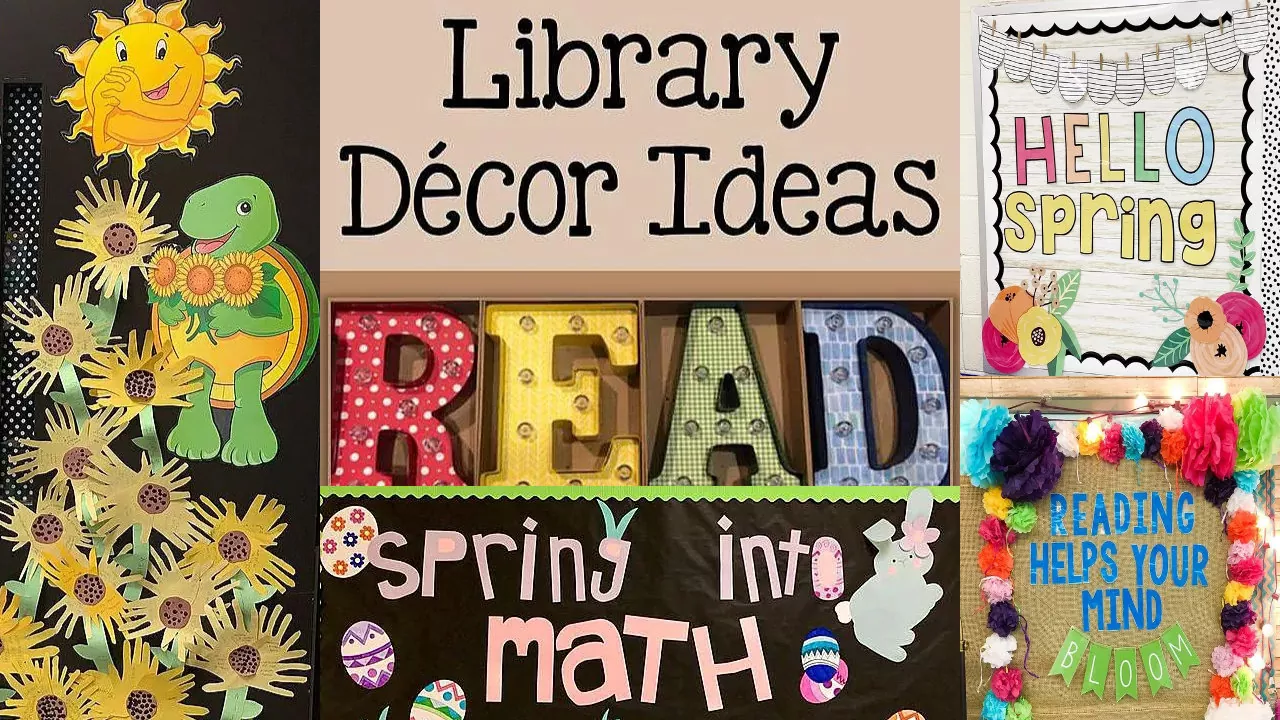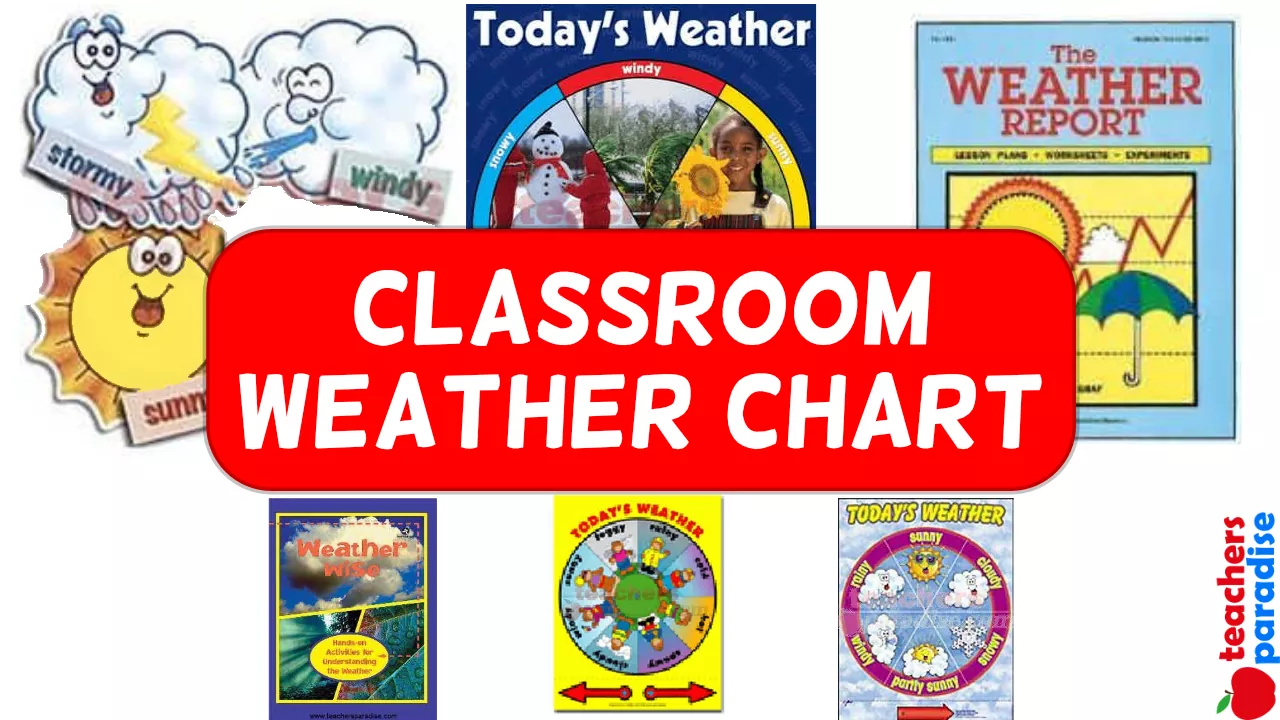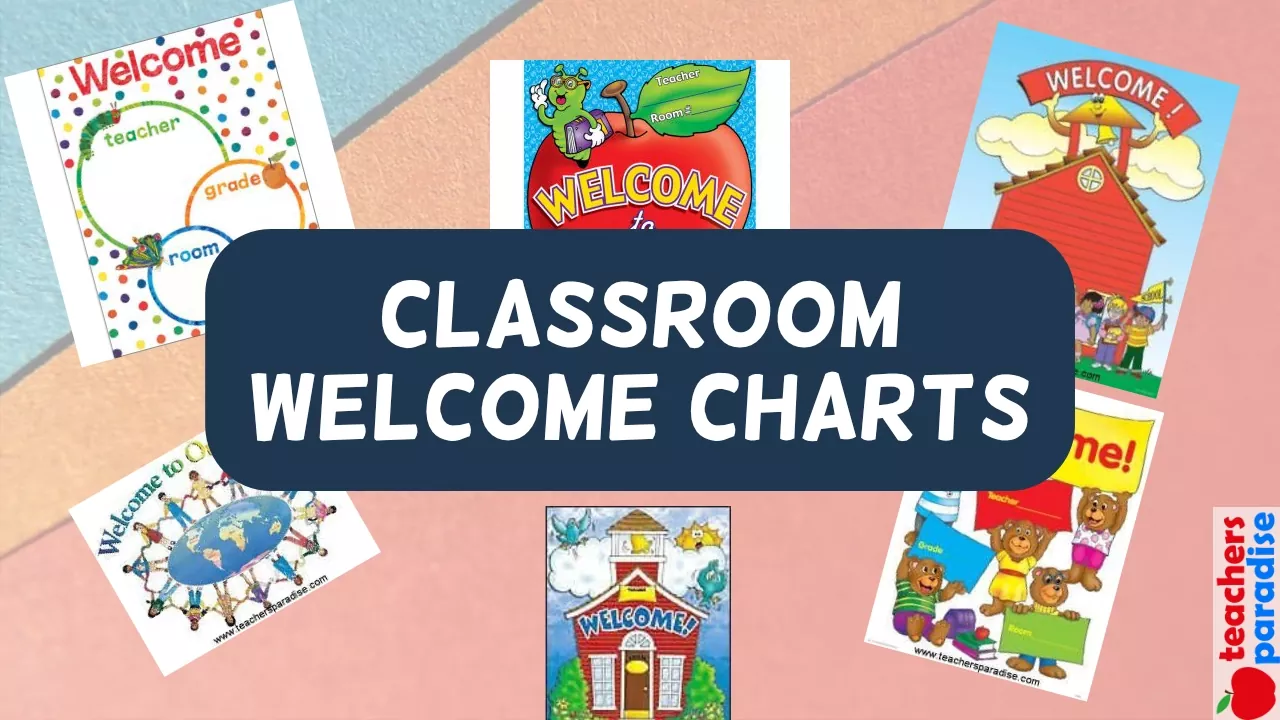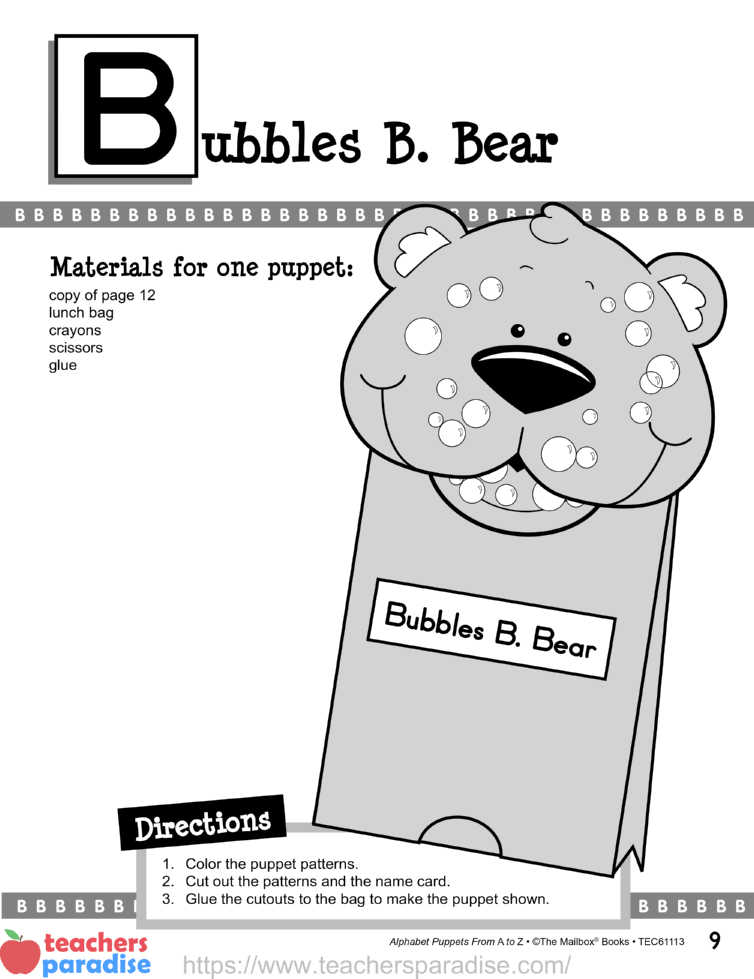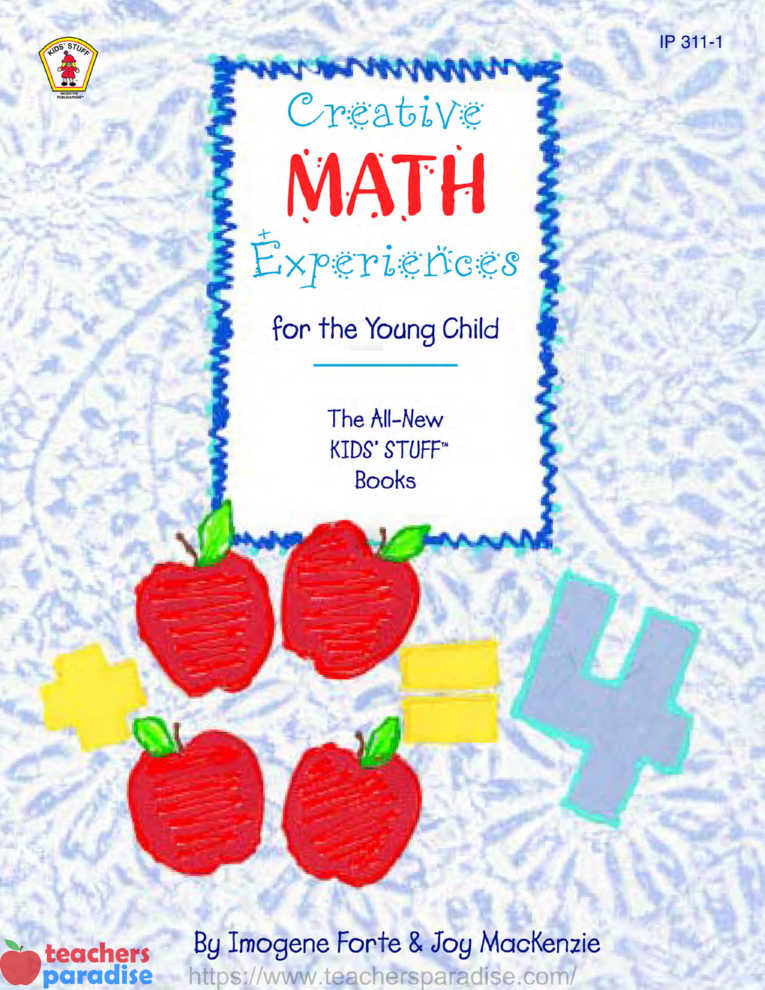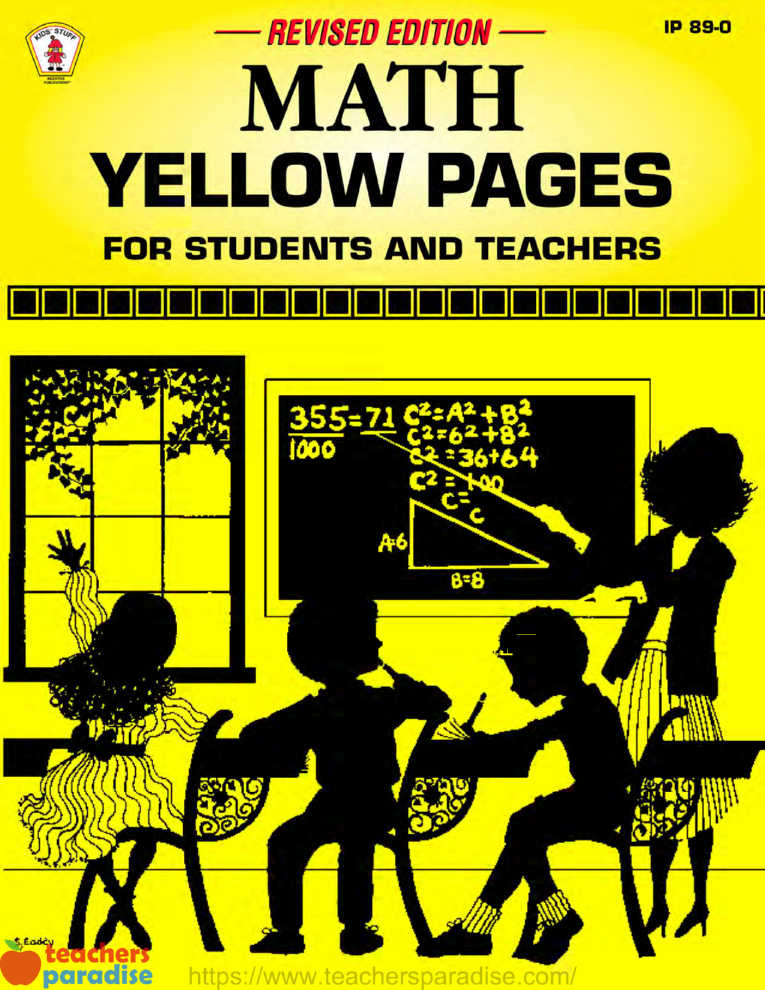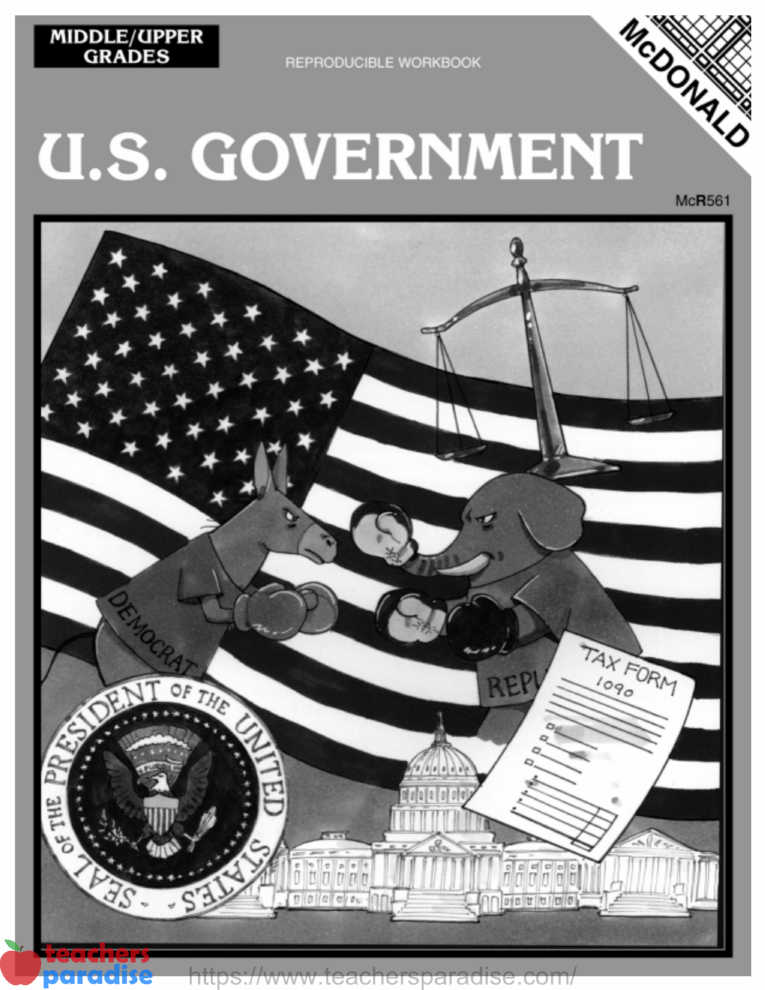Science
-
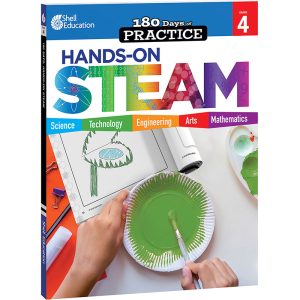
Shell 180 Days: Hands-On STEAM, Grade 4
$22.99 Add to cart -
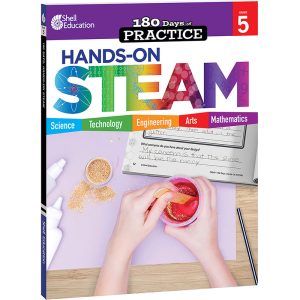
Shell 180 Days: Hands-On STEAM, Grade 5
$22.99 Add to cart -
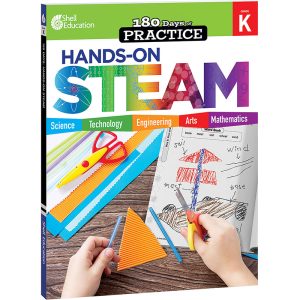
Shell 180 Days: Hands-On STEAM, Grade K
$22.99 Add to cart -
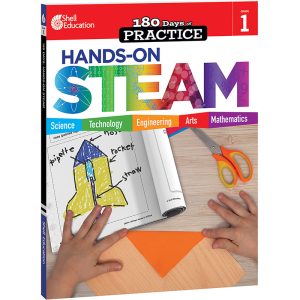
Shell 180 Days: Hands-On STEAM, Grade 1
$22.99 Add to cart -
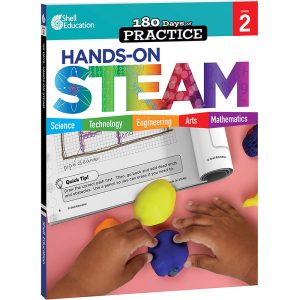
Shell 180 Days: Hands-On STEAM, Grade 2
$22.99 Add to cart -
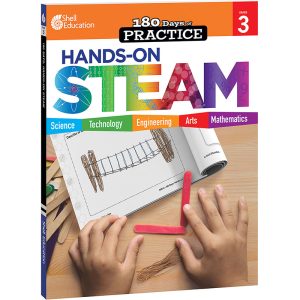
Shell 180 Days: Hands-On STEAM, Grade 3
$22.99 Add to cart -
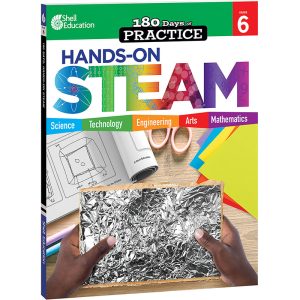
Shell 180 Days of Practice: Hands-On STEAM, Grade 6
$22.99 Add to cart -
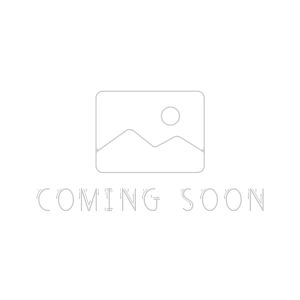
HamiltonBuhl® Paleo Hunter™ Dig Kit for STEAM Education – All Five Dinosaurs
$174.01 Add to cart -
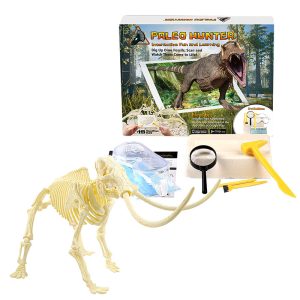
HamiltonBuhl® Paleo Hunter™ Dig Kit for STEAM Education – Mammoth Rex
$37.70 Add to cart -
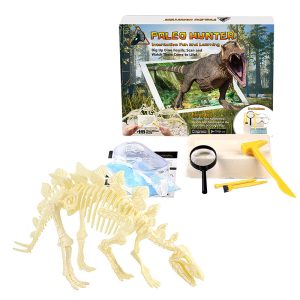
HamiltonBuhl® Paleo Hunter™ Dig Kit for STEAM Education – Stegosaurus
$37.70 Add to cart -
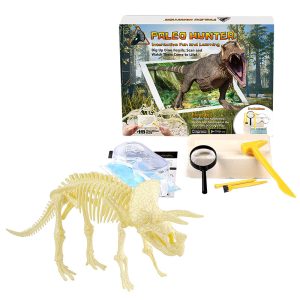
HamiltonBuhl® Paleo Hunter™ Dig Kit for STEAM Education – Triceratops Rex
$37.70 Add to cart -

HamiltonBuhl® Paleo Hunter™ Dig Kit for STEAM Education – Tyrannosaurus Rex
$37.70 Add to cart -
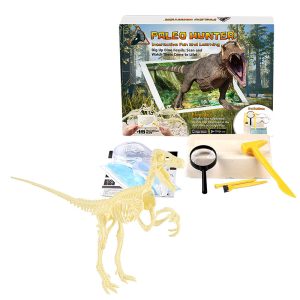
HamiltonBuhl® Paleo Hunter™ Dig Kit for STEAM Education – Velociraptor Rex
$37.70 Add to cart -
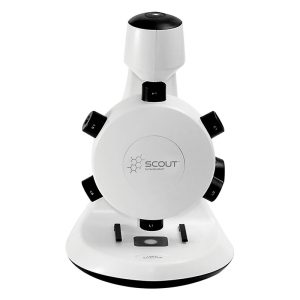
HamiltonBuhl® Scout Digital Microscope – STEM Microscope with Six Magnification Lenses
$249.69 Add to cart -
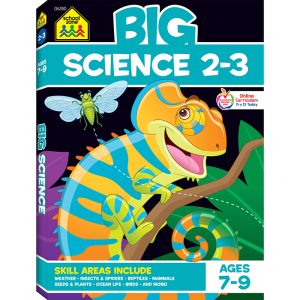
School Zone Big Workbook Science, Grades 2-3
$13.99 Add to cart -
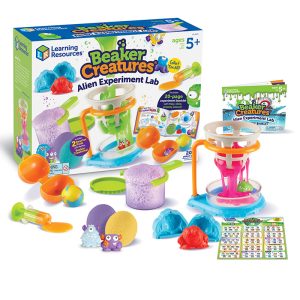
Learning Resources Beaker Creatures® Alien Experiment Lab
$24.99 Add to cart -
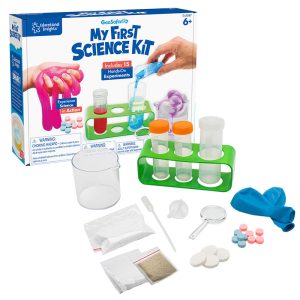
Educational Insights GeoSafari® Jr. My First Science Kit
$36.99 Add to cart -
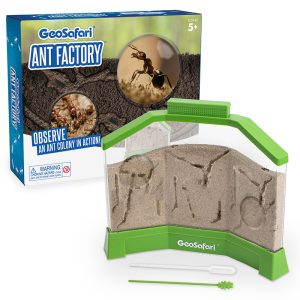
Educational Insights GeoSafari® Ant Factory™
$39.99 Add to cart -

WILD ENVIRONMENTAL SCIENCE Wonders of the Earth
$34.99 Add to cart -
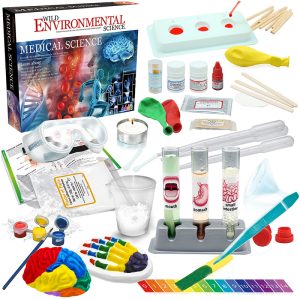
WILD ENVIRONMENTAL SCIENCE Medical Science
$34.99 Add to cart

